Singer and rapper Lizzo is at the center of a legal storm after former dancers of her “Special” tour filed a lawsuit against her, her production team, and her dance team captain, Shirlene Quigley. This lawsuit accuses her of creating a hostile work environment and engaging in harassment. According to the lawsuit, the dancers were weight-shamed, sexually harassed, religiously harassed, racially harassed, and taken advantage of.
The most shocking accusation towards Lizzo was that she weight-shamed her plus-sized workers. How could Lizzo, a champion of body positivity and positivity in general treat her workers like this? It raises questions about the authenticity of Lizzo’s image as an advocate of empowerment.
Scandals like these shed light on the distinction between celebrities’ public personas, and their private behavior.
Recent celebrity controversies have undoubtedly disappointed fans. Some non-fans have a sense of pride, saying things along the lines of “this would never be this celebrity!” (Come to find out a few months later, it would, in fact, be that celebrity). And others are simply entertained by the drama.
There are a number of reactions that come from celebrity scandals, but there is something important to consider: our naive tendency to idealize and idolize celebrities sets the stage for our own disappointment.
In the immediate aftermath of a celebrity scandal, fans grapple with feelings of disappointment or betrayal. But oftentimes, fans just sit around waiting for the situation to pass, rather than reassessing their one-sided emotional investments with these figures.
In celebrity culture, the allure of fame casts a halo over our favorite artists. The halo effect, a cognitive bias that leads us to believe that someone with one positive trait must possess an array of other positive attributes as well, contributes to the idealization of celebrities. This psychological phenomenon is evident in the way that fans, and even non-fans, put weight on celebrities’ words, emulate their personality, and blindly defend them in online debates. Yet, recent celebrity scandals have lifted the veil on this idealization.
Celebrity scandals shed light on the relationship between society’s infatuation and their humanity, or our idolization and reality. Oftentimes, fans project their desires and aspirations onto celebrities, elevating them to a high moral standard. Additionally, celebrities are crafted as protagonists; their images are carefully curated media representations. Most of us can admit that what’s shown in the media is not entirely authentic, or authentic at all, yet people still put extremely high expectations on celebrities.
Parasocial relationships, in this case, one-sided emotional bonds between fans and celebrities, are formed through an interplay of media exposure and human psychology. This illusion of closeness is fueled by the consistent exposure to a celebrity’s life, and curated narratives presented by celebrities portraying them as relatable and authentic. Humans, by nature, have an innate need for social connection, thus we gravitate toward celebrities who resonate with us. This connection can make fans particularly vulnerable to feelings of disappointment and betrayal when their beloved stars stumble.
Celebrities are human like us, and it’s important that we recognize their humanity. They’re bound to mess up sometimes (though some scandals are arguably more than “mess-ups”). However, their visibility and reach grant them the ability to shape societal and cultural beliefs, perceptions, and norms, implying a responsibility to consider their impact on society and set an example.
The way celebrities or influencers become famous is another factor that contributes to fan disappointment in the face of scandals. In this social media age, a single viral video or tweet can thrust an individual into the spotlight. Take Bella Poarch for example. Just a month after going viral for lip-syncing, she faced backlash for a controversial comment, and already, there were people “disappointed in her.”
This power dynamic challenges the mystique that once shrouded celebrities. Influencers and celebrities feel more accessible. So, fans begin to feel a sense of connection and intimacy, prompting them to place moral standards and expectations on these stars. A person who simply posts a dancing video becomes an instant role model, subject to intense scrutiny and criticism. Sure, a viral video may offer a glimpse into one’s talent or humor, but it remains a minuscule window into their overall character.
Admittedly, when scrolling on social media, most of us are looking for entertainment, not ethical enlightenment. But because people can become randomly famous, solely based on what they choose to present on social media, fans are bound to be disappointed, because they lack an understanding of a public figure’s character.
In essence, the flaws of celebrity culture lie in the romanticization of these figures, the illusion of intimacy on social media, the lack of authenticity in their representation, and the skewed power dynamic, ultimately leading to fan disillusionment.
When celebrities do something problematic, it’s disappointing because the pedestal upon which we placed them crumbles. It’s disappointing because we realize that we don’t know these people as well as we think. It’s disappointing because we find ourselves confronting an uncomfortable reality – our adoration of these figures is often built upon a fragile illusion.
It’s crucial to reconsider the level of trust society places in celebrities and to remember the undeniable fact: we don’t know them. Media portrayals are more times than not, inauthentic representations of celebrities. While admiration is natural, projecting qualities *so surely* onto anyone you don’t know, is just naive.


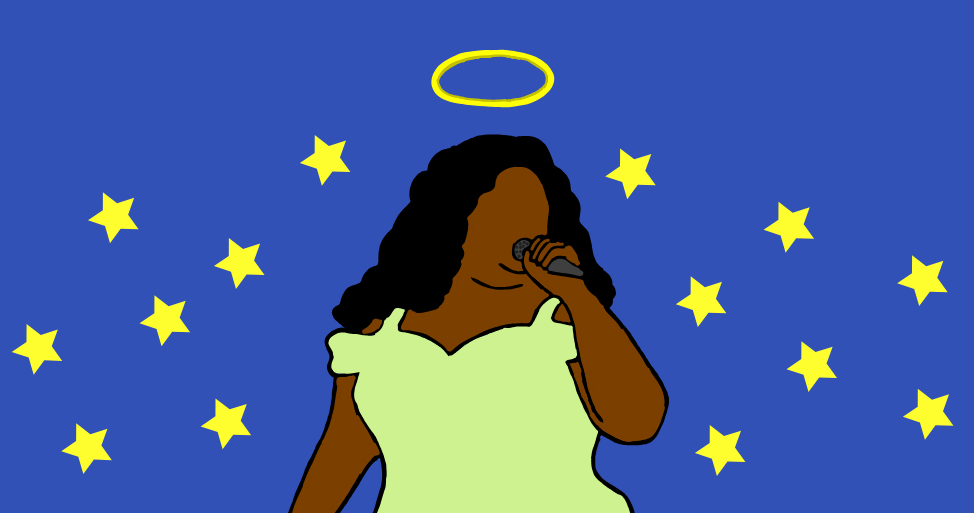
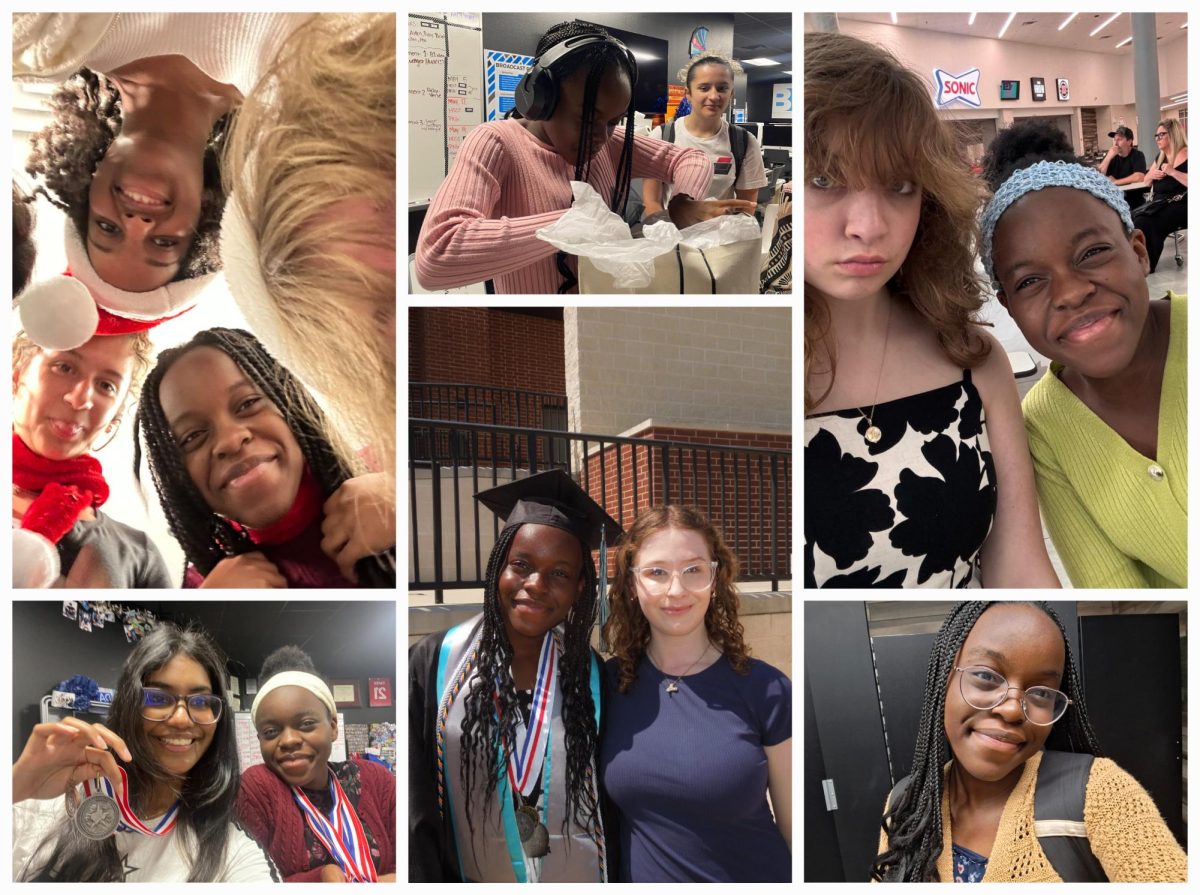


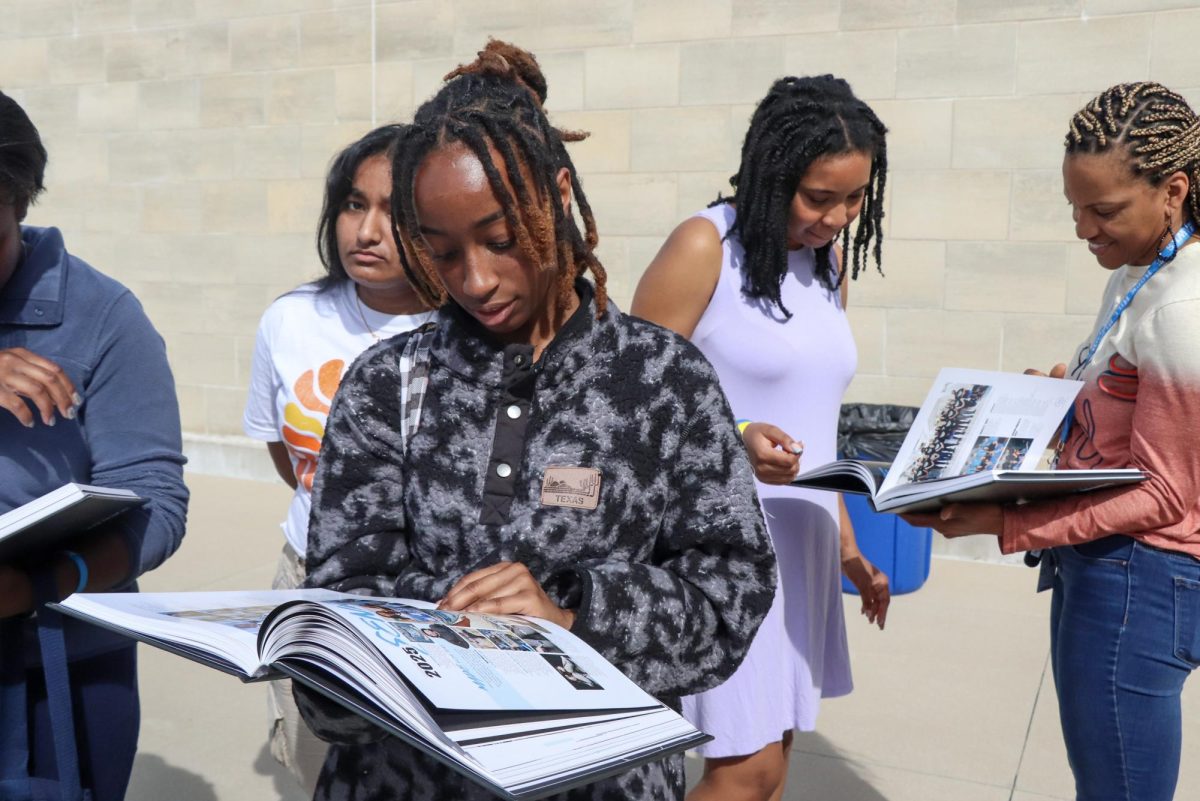

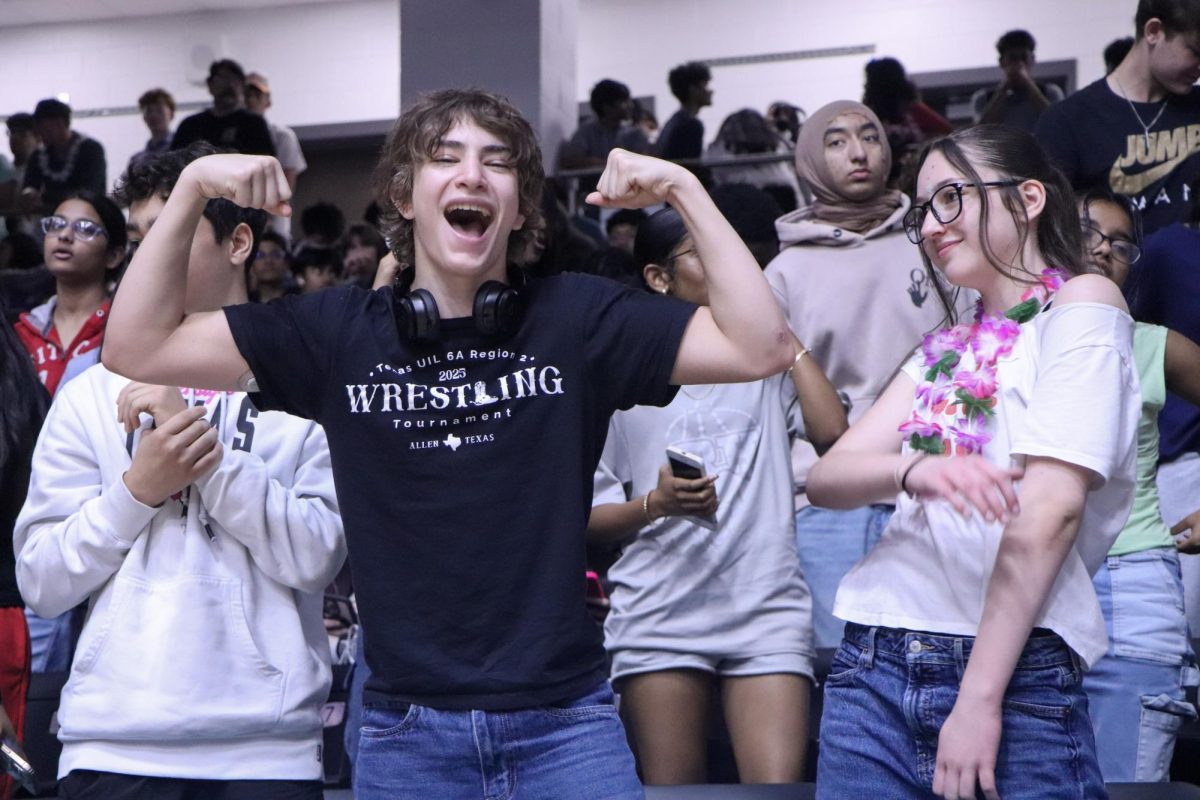

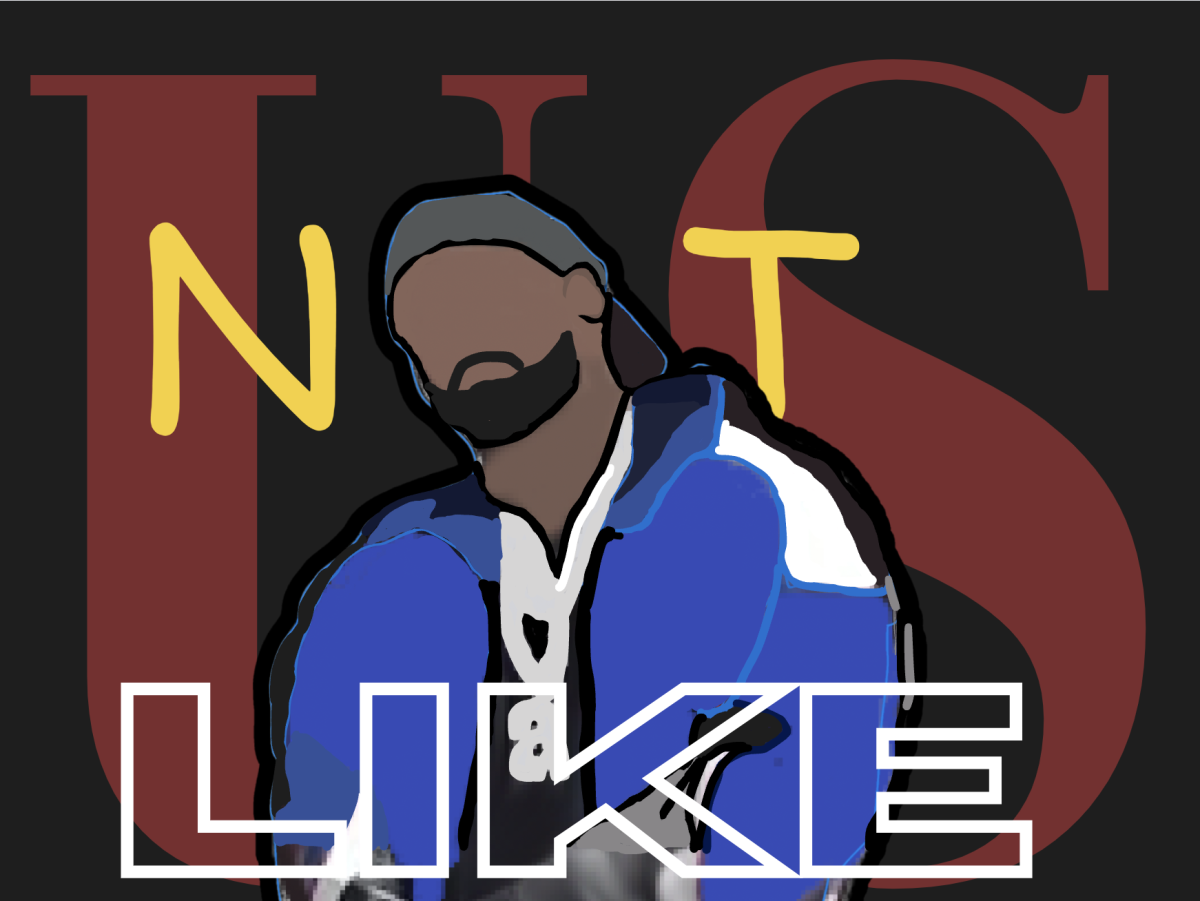


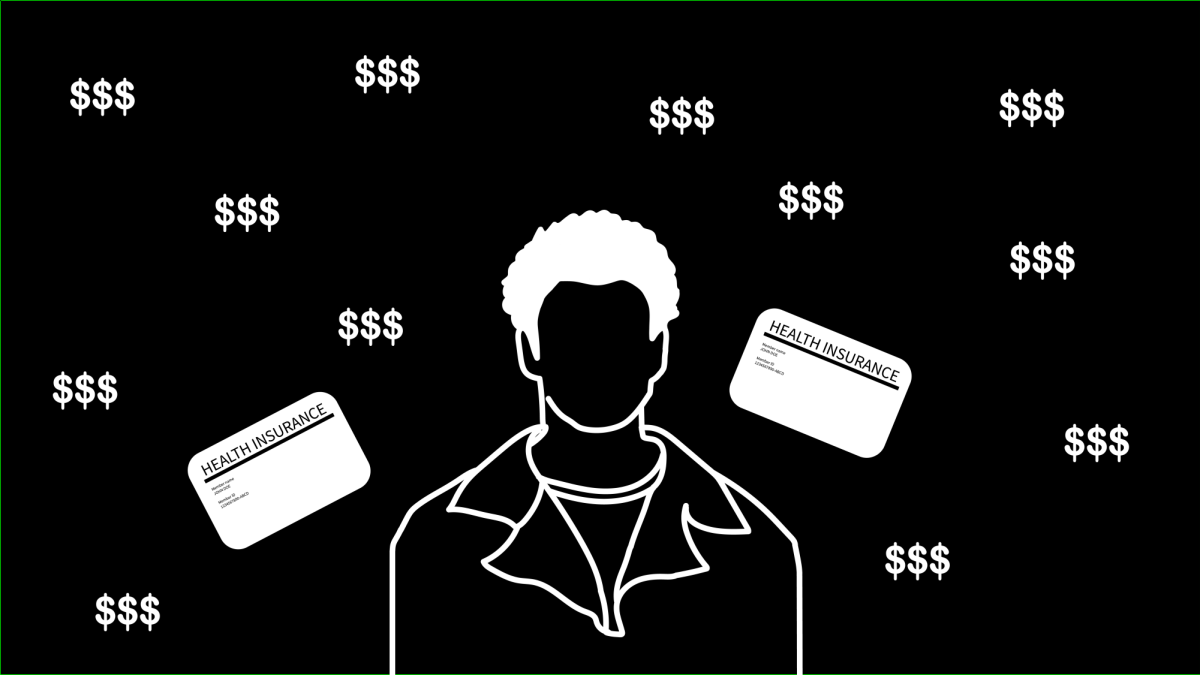
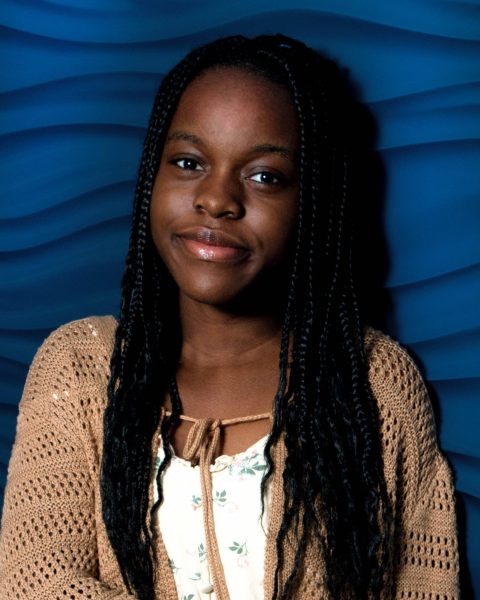
Athena Lee
Sep 17, 2023 at 3:11 pm
WOW! Tolu! AMAZING!
Tolulope Oyesanya
Oct 19, 2023 at 7:19 pm
Thank you so much! 🙂